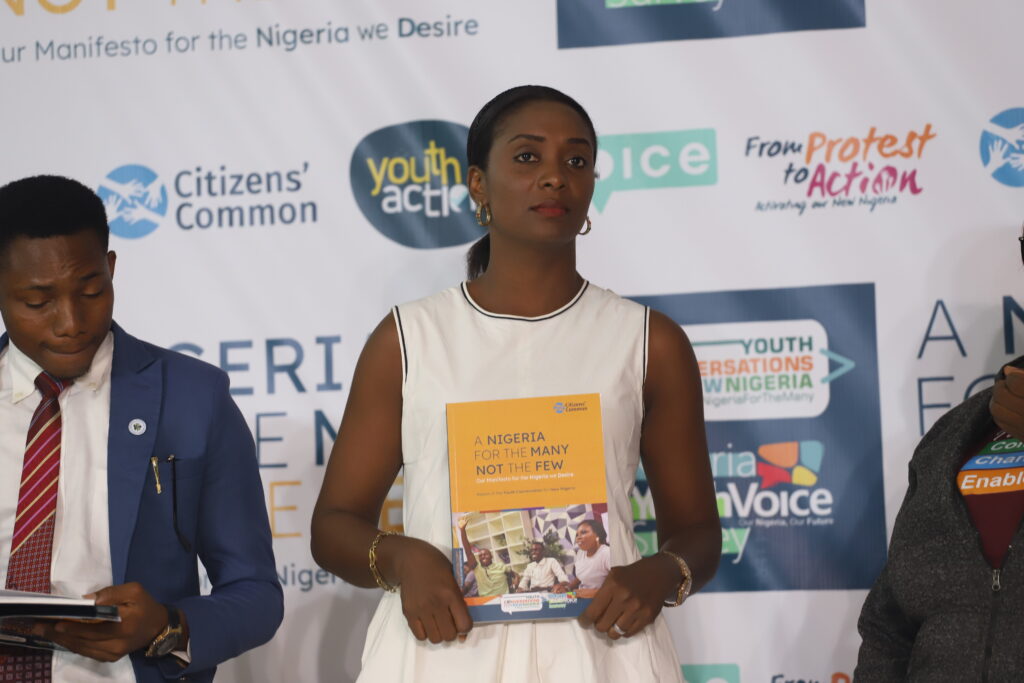
Our Economic Aspirations and Opportunity – Youth Entrepreneurship?
Written By Mofoyeke O. Omole
The Nigerian National Youth Policy (2009) defines youth as between 18 and 35 years. With the median age of 18 years. Current statistics have placed the youth at 60% of the Nigerian population of over 200 million, making us one of the largest youth populations in the world. For any nation, these demographic data constitute one of the most formidable human assets to harness the transformation of society. We are the currency that drives the marketplace of ideas and the global economy of today, in which the development status of every nation is measured.
Ironically, with all these attributes, the full force of our creative and innovative genius still remains largely untapped and locked in the maze of the environment we’ve found ourselves, not much is substantively being done to harness the potentials we represent as we are regularly excluded from policy decisions that affect us and have implications on our collective future and destiny.
It is a globally known and acceptable fact that Nigerian Youths are powerfully creative and innovative, however, we are perpetually at the receiving end of debilitating crises – poverty, hunger, migration, and development challenges are the burden of the Nigerian youth, challenges such as – social, economic inequality and political under-representation , lack of funding, investment and access to finance, digital technology, insecurity, multiple taxation, unfavourable economic policies, inadequate legal, physical and institutional infrastructure top the many militating factors against the innovative Nigerian youth.
Inspite of the above limiting factors, many Nigerian youths, myself inclusive are consistently challenging these barriers limiting our meaningful economic participation and working albeit in granular modules to change the paradigm. Across sectors, large numbers of young people are involved in development initiatives aimed at improving the lives of youth and other members of society.
In the midst of crushing economic conditions and lack of support, the Nigerian youths have never stopped creating and innovating. The Nigerian youths have continued to break boundaries of creativity, create new markets, and develop strong technological platforms to overcome peculiar challenges and ultimately foster sustainable change. Imagine how much more we can do with the necessary and needed support from the Government.
As long as structural barriers remain in place, implementing entrepreneurial-based interventions targeting young people may just fuel greater frustration. What is needed are all-encompassing approaches and strategies that enhance the economic, social and political inclusion of youth and that recognize young people as catalysts for positive national development.
Therefore, understanding our aspirations and goals is essential to developing effective employment and entrepreneurship support programmes and policies. Policies should be designed to allow educational and entrepreneurial aspirations of young people to align with pathways to achieving them.
As young people and young entrepreneurs, our aspirations are essential to our human capital investment, educational choices, labour market outcomes and entrepreneurial opportunities. Our aspirations drive our life paths and well-being and whilst they may differ there is one thing that unites us all – in order to realise our ambition, we need more from the education system that serves us, the policy makers and the government in terms of providing infrastructure ( good road networks, reliable electricity, and adequate water supply) and creating enabling environment (security and contextual economic policies) for us to thrive.
We believe that strategically investing in youth entrepreneurship can change lives, help reduce unemployment rate and contribute to the elimination of different forms of social ills including youth restiveness, rape, and gender-based violence. Investing in youth entrepreneurship will help fast-track Nigeria’s transitioning from developing to developed nation.
This article is an Excerpt from the report ” A Nigeria For The Many And Not The Few”
About the Author
Mofoyeke O. Omole, BSc.; ADHRM; MPDI; FIMC; CMC is a Professional Management Consultant, Certified Project Developer and Implementer, Trade/Market Access Facilitator, Independent Global Learning Practitioner/Strategist with over 12 years industry experience in capacity development, organizational culture change facilitation, negotiation and in forging alliances with people and organizations. She is the founder at Redberyl Management Consulting Limited and Co-convener, Thrivebridge Initiative for Social Development. Facebook |Instagram| twitter: @Sisifoye. Linkedin: Mofoyeke Omole.

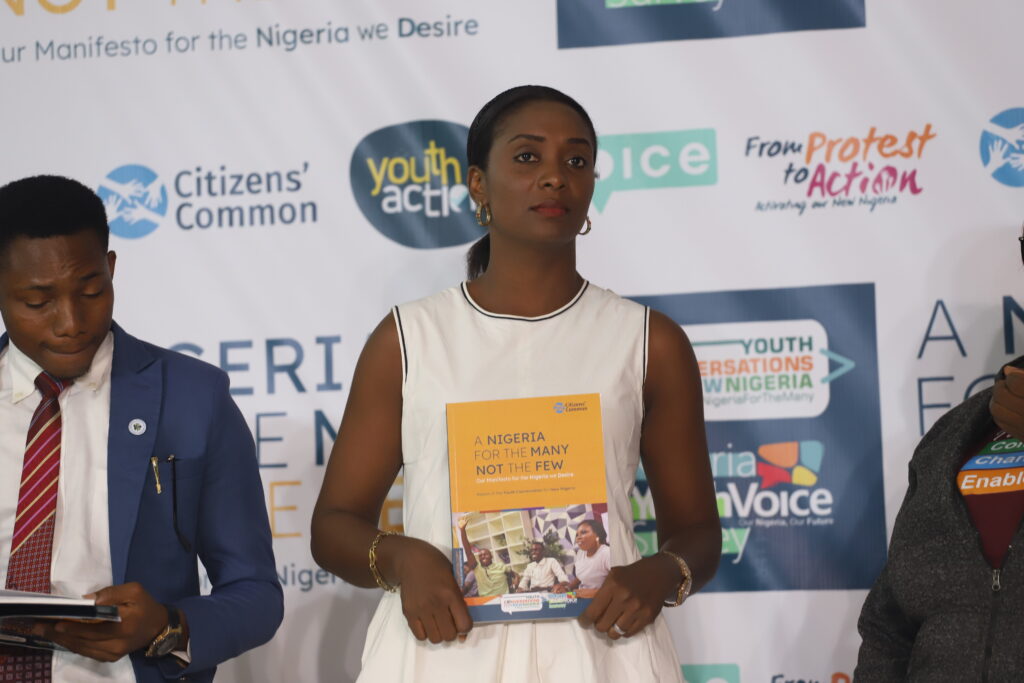
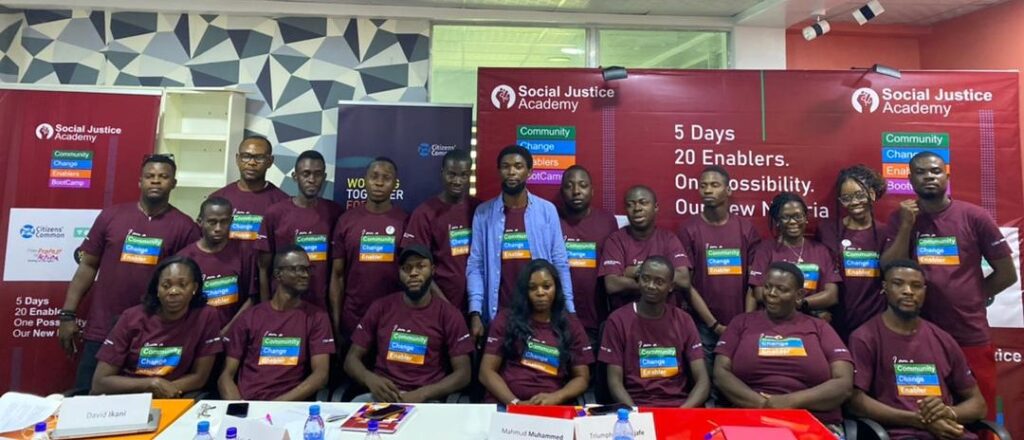
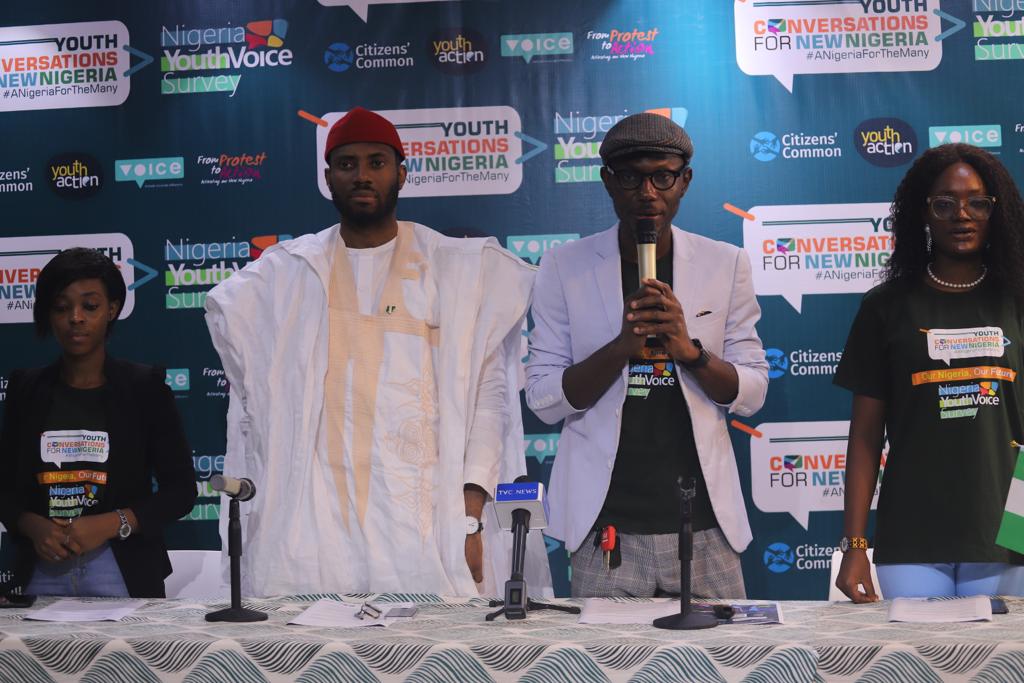
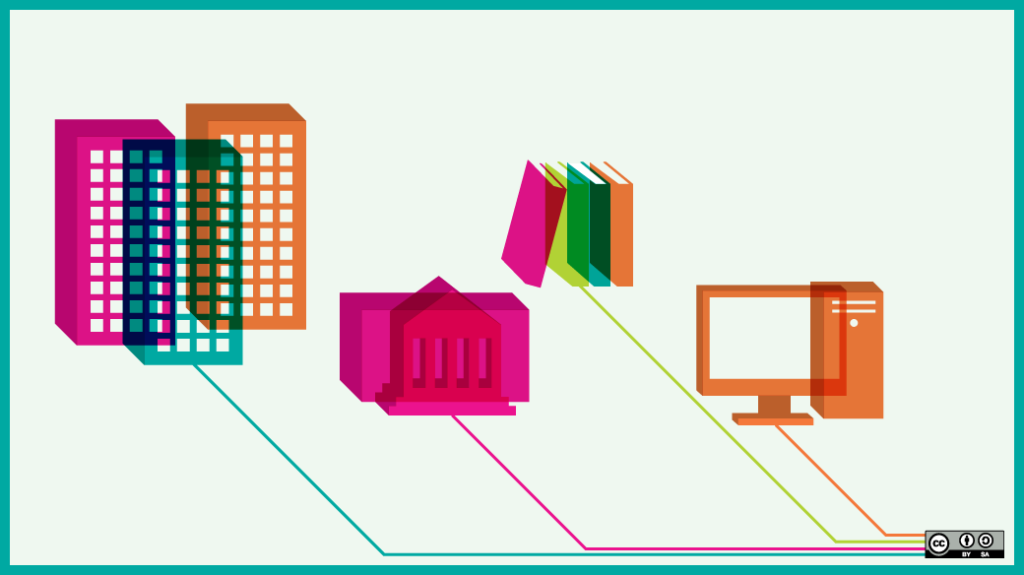



Responses